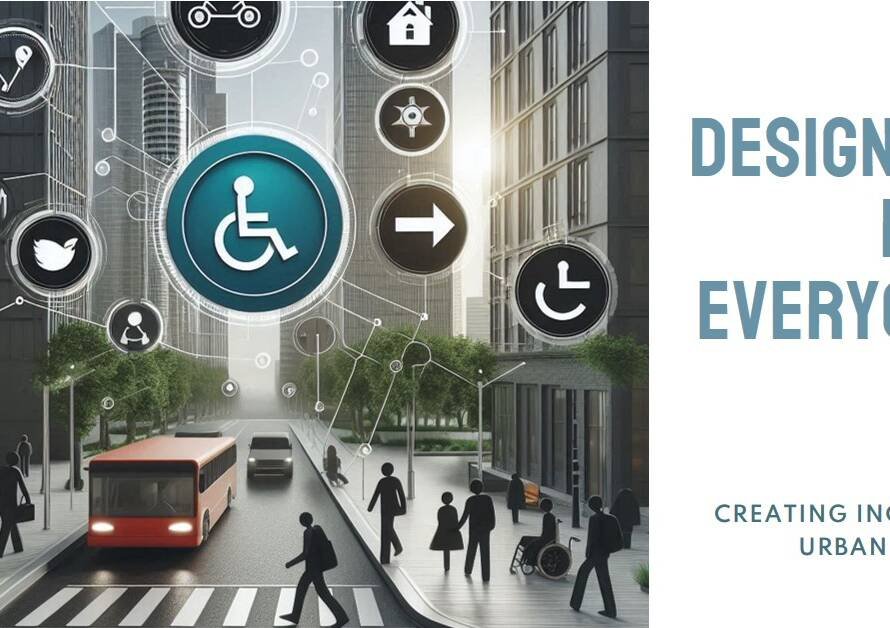
Table of Contents
- Introduction:
- City Planner: Shaping Urban Environments
- Transportation Planner: Designing Efficient Mobility Solutions
- Environmental Planner: Promoting Sustainable Development
- Urban Designer: Creating Vibrant Public Spaces
- Housing Policy Analyst: Addressing Housing Challenges
- Community Development Specialist: Empowering Communities
- GIS Specialist: Mapping Urban Futures
- Real Estate Development Manager: Guiding Urban Growth
- Urban Policy Advisor: Influencing Public Policy
- Conclusion: Building a Fulfilling Career in Urban Planning
Introduction:
Urban planning is a dynamic and rewarding field that encompasses a variety of career paths. An urban planning degree opens doors to numerous opportunities in both public and private sectors, where professionals can make a significant impact on the development and sustainability of cities and communities. In this blog post, we will explore the diverse job prospects available to urban planning graduates, offering insights into each role and the skills required to excel.
City Planner: Shaping Urban Environments
City planners play a crucial role in designing and developing urban areas. They work with government officials, developers, and the public to create plans that balance economic growth, environmental sustainability, and community needs. A city planner’s responsibilities include conducting research, analyzing data, and making recommendations on land use, zoning, and infrastructure development.
In addition to technical skills, city planners must have strong communication and negotiation abilities. They often facilitate public meetings and collaborate with various stakeholders to ensure that urban development projects meet regulatory standards and community expectations. As cities continue to grow, the demand for skilled city planners remains robust.
Transportation Planner: Designing Efficient Mobility Solutions
Transportation planners specialize in creating and implementing transportation systems that are safe, efficient, and accessible. They analyze traffic patterns, assess the impact of transportation projects, and develop plans for roads, public transit, bike lanes, and pedestrian pathways. Their goal is to improve mobility while minimizing environmental impact and enhancing quality of life.
A career in transportation planning requires proficiency in data analysis, geographic information systems (GIS), and project management. Planners must also stay informed about emerging technologies and trends, such as autonomous vehicles and smart city initiatives, to design forward-thinking transportation solutions.
Environmental Planner: Promoting Sustainable Development
Environmental planners focus on the intersection of urban development and environmental conservation. They assess the environmental impact of proposed projects and develop strategies to mitigate negative effects. This role involves conducting environmental impact assessments, ensuring compliance with environmental regulations, and promoting sustainable practices.
Successful environmental planners possess a deep understanding of environmental science, policy, and law. They must be adept at balancing development needs with environmental protection, often working closely with scientists, engineers, and community advocates to achieve sustainable outcomes.
Urban Designer: Creating Vibrant Public Spaces
Urban designers blend art and science to create aesthetically pleasing and functional public spaces. They work on projects ranging from parks and plazas to entire neighborhoods, focusing on the physical design and layout of urban areas. Urban designers collaborate with architects, landscape architects, and planners to develop cohesive and visually appealing environments.
Creativity and a keen eye for detail are essential skills for urban designers. They must also be proficient in design software and have a strong understanding of urban planning principles. Urban designers play a key role in enhancing the livability and attractiveness of cities, making them desirable places to live, work, and visit.
Housing Policy Analyst: Addressing Housing Challenges
Housing policy analysts tackle complex issues related to housing affordability, availability, and quality. They conduct research, analyze data, and develop policies to address housing challenges. This role often involves working with government agencies, non-profit organizations, and community groups to implement housing programs and initiatives.
Effective housing policy analysts have strong analytical and research skills, as well as an understanding of housing markets and social policies. They must be able to communicate their findings clearly and advocate for policies that promote equitable and sustainable housing solutions.
Community Development Specialist: Empowering Communities
Community development specialists focus on improving the social, economic, and physical well-being of communities. They work on initiatives that promote economic development, enhance public services, and improve living conditions. This role involves collaborating with community members, local organizations, and government agencies to identify needs and develop strategies for community improvement.
Empathy, cultural competency, and strong interpersonal skills are crucial for community development specialists. They must be able to engage with diverse populations and build trust within communities. Their work is vital in creating resilient and inclusive communities that can thrive in the face of social and economic challenges.


GIS Specialist: Mapping Urban Futures
Geographic Information Systems (GIS) specialists use spatial data to analyze and solve urban planning problems. They create maps and visualizations that help planners make informed decisions about land use, transportation, and environmental conservation. GIS specialists work in various sectors, including government, private industry, and academia.
Technical expertise in GIS software and data analysis is essential for this role. GIS specialists must also have strong problem-solving skills and the ability to interpret complex data sets. Their work supports a wide range of urban planning activities, from disaster preparedness to infrastructure development.
Real Estate Development Manager: Guiding Urban Growth
Real estate development managers oversee the planning, financing, and execution of real estate projects. They work with architects, contractors, and investors to bring development projects to life, from residential buildings to commercial complexes. This role requires a deep understanding of market trends, financial analysis, and project management.
Successful real estate development managers are skilled negotiators with a strong business acumen. They must navigate regulatory requirements and market dynamics to deliver profitable and sustainable projects. Their work shapes the physical and economic landscape of urban areas.
Urban Policy Advisor: Influencing Public Policy
Urban policy advisors work with government officials and policymakers to develop and implement policies that address urban challenges. They provide expert advice on issues such as housing, transportation, economic development, and environmental sustainability. This role involves conducting research, drafting policy recommendations, and advocating for policy changes.
Effective urban policy advisors have a strong background in public policy and urban planning. They must be skilled communicators and strategic thinkers, capable of navigating the complexities of the policy-making process. Their work is crucial in shaping the future of cities and ensuring that urban development aligns with broader social and environmental goals.
Conclusion: Building a Fulfilling Career in Urban Planning
An urban planning degree offers a wealth of career opportunities that allow professionals to make a meaningful impact on the world around them. Whether you are passionate about designing vibrant public spaces, promoting sustainable development, or shaping public policy, there is a role in urban planning that aligns with your interests and skills. As cities continue to evolve, the demand for skilled urban planners will only grow, making this an exciting and rewarding field to pursue.


